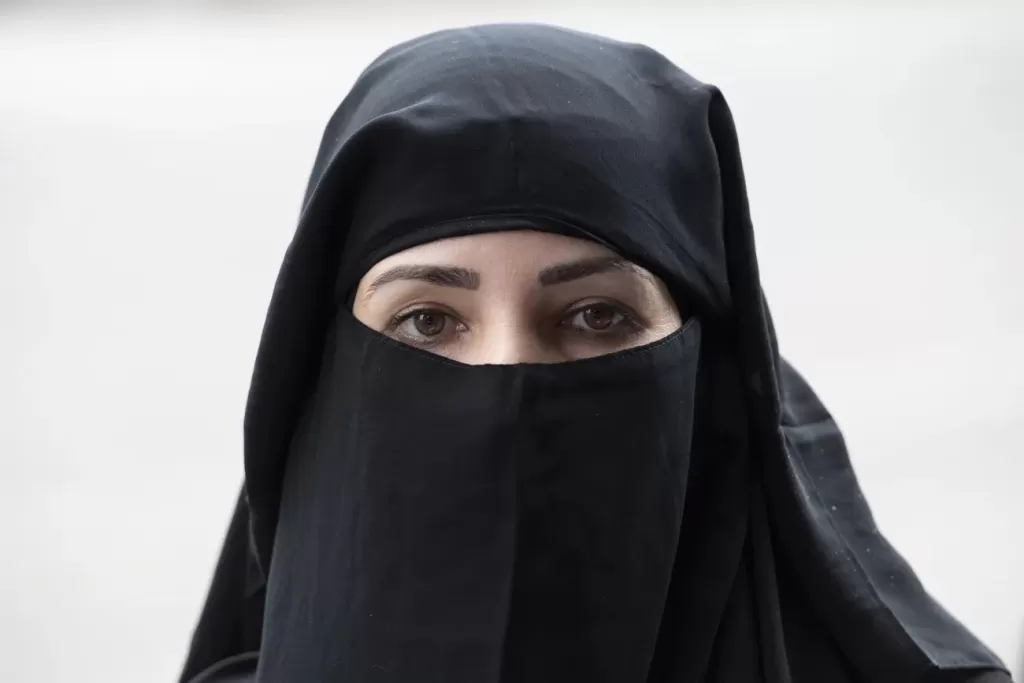SWITZERLAND IMPLEMENTS NATIONWIDE BAN ON FACE COVERINGS IN PUBLIC

In a move aimed at promoting integration and public safety, Switzerland has officially banned the wearing of face coverings in public, including burqas. The ban, which was approved by a majority of Swiss voters in a 2021 referendum, came into effect on January 1, 2025.
Under the new law, anyone caught wearing a face covering in public, including burqas, niqabs, and ski masks, can face fines of up to 1,000 Swiss francs ($1,100). The ban applies to all public places, including streets, public transportation, schools, and government buildings.
The Swiss government has argued that the ban is necessary to promote integration and social cohesion, as well as to ensure public safety. Proponents of the ban claim that face coverings can hinder communication and create barriers between people, while also posing a security risk.
However, critics of the ban argue that it unfairly targets Muslim women who wear the burqa or niqab as part of their religious or cultural identity. They claim that the ban is discriminatory and violates the rights to freedom of expression and religion.
The ban on face coverings in Switzerland is not unprecedented. Several other European countries, including France, Belgium, and Denmark, have implemented similar bans in recent years.
As the ban comes into effect, Swiss authorities have announced that they will be monitoring the situation closely and will take steps to ensure that the law is enforced fairly and without discrimination.
The implementation of the ban on face coverings in Switzerland has sparked a heated debate about the balance between public safety, integration, and individual rights. As the country navigates this complex issue, it remains to be seen how the ban will be enforced and what impact it will have on Swiss society.







